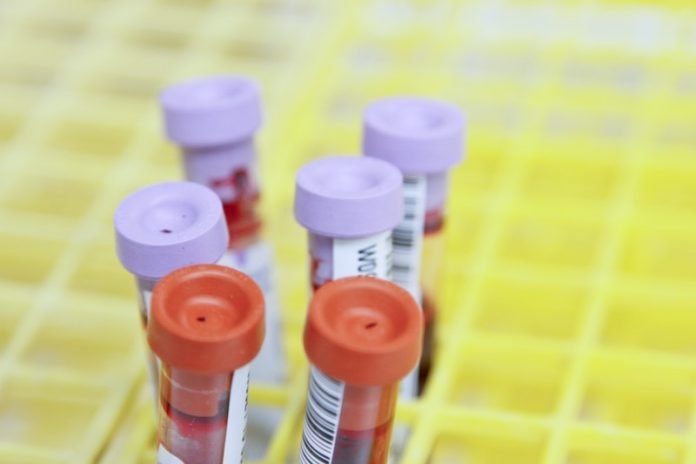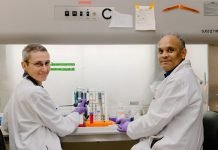
Prostate cancer is a disease that can affect men. The prostate is a small gland that produces some of the fluid in semen.
It sits below the bladder and surrounds the upper part of the urethra, the tube that carries urine from the bladder. Cancer can cause this gland to grow bigger.
Doctors can test for prostate cancer using a test that looks at the level of a protein in the blood called Prostate-Specific Antigen (PSA).
The Problem with PSA Testing
The problem is that this test is not always accurate. Sometimes, the PSA level can be high even when a man doesn’t have cancer.
Other times, the PSA level can be low even when a man does have cancer. This can cause confusion and worry.
A group of scientists from UC San Francisco and Stanford University, led by Linda Kachuri, have been trying to solve this problem.
They conducted a study with more than 95,000 men who did not have prostate cancer. They looked at the men’s genes to find any variations that could explain why PSA levels sometimes change even when there is no cancer.
Looking at Genetic Factors
Our genes are like a blueprint for our bodies. Sometimes, tiny changes in this blueprint can affect how our bodies work.
These scientists were able to find over 80 new genetic changes that could cause changes in PSA levels. These changes did not have anything to do with prostate cancer.
Using Genetic Factors to Improve Testing
The scientists then used this information to create a score. This score takes into account all the genetic changes they found.
This can help determine a man’s risk of having a high PSA level. They found that the score was not associated with prostate cancer, but it was linked to high PSA levels.
This means the score could help explain why some men might have high PSA levels even if they don’t have prostate cancer.
Personalized PSA Testing
The researchers wanted to see if this score could help make PSA testing better. They decided to test it on a group of patients from Kaiser Permanente.
They used the score to adjust the PSA levels of each man, based on his unique genetic makeup.
They found that this adjustment improved the accuracy of decisions about who needed a biopsy (a test where a small sample of tissue is taken for examination).
About 30% of men could have avoided a biopsy with this adjustment. However, it did miss some cases of cancer.
Room for Improvement
While the results are promising, more work needs to be done. The genetic score missed about 9% of positive biopsies, most of which were low-grade cancers that didn’t need treatment.
Also, most of the men in the study were of European ancestry, so the results may not apply to men of other ethnicities.
The researchers hope that these findings are a step in the right direction. They believe that including genetics in PSA testing could help reduce unnecessary biopsies and better detect aggressive tumors.
The study was published in Nature Medicine.
Copyright © 2023 Knowridge Science Report. All rights reserved.



